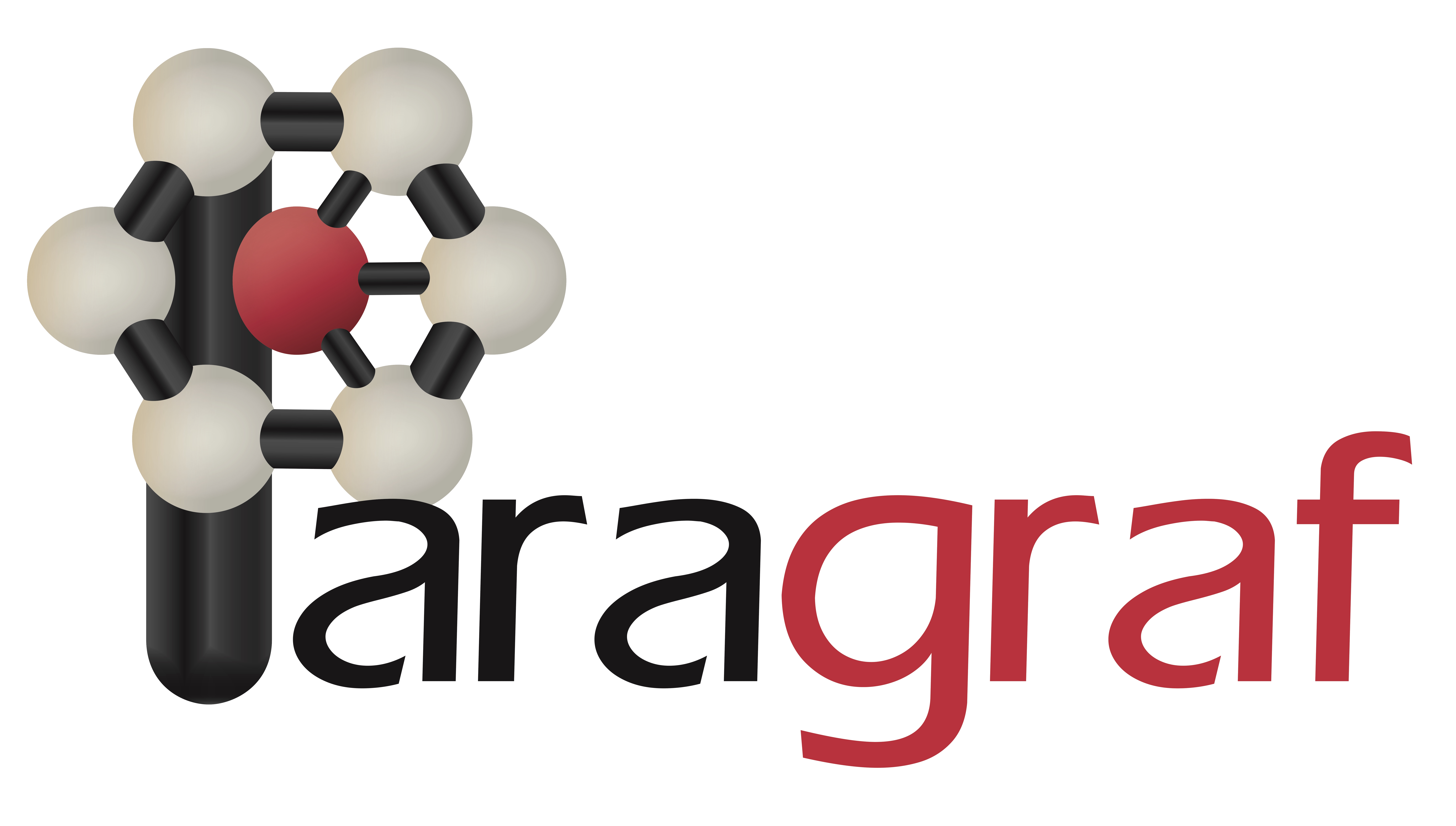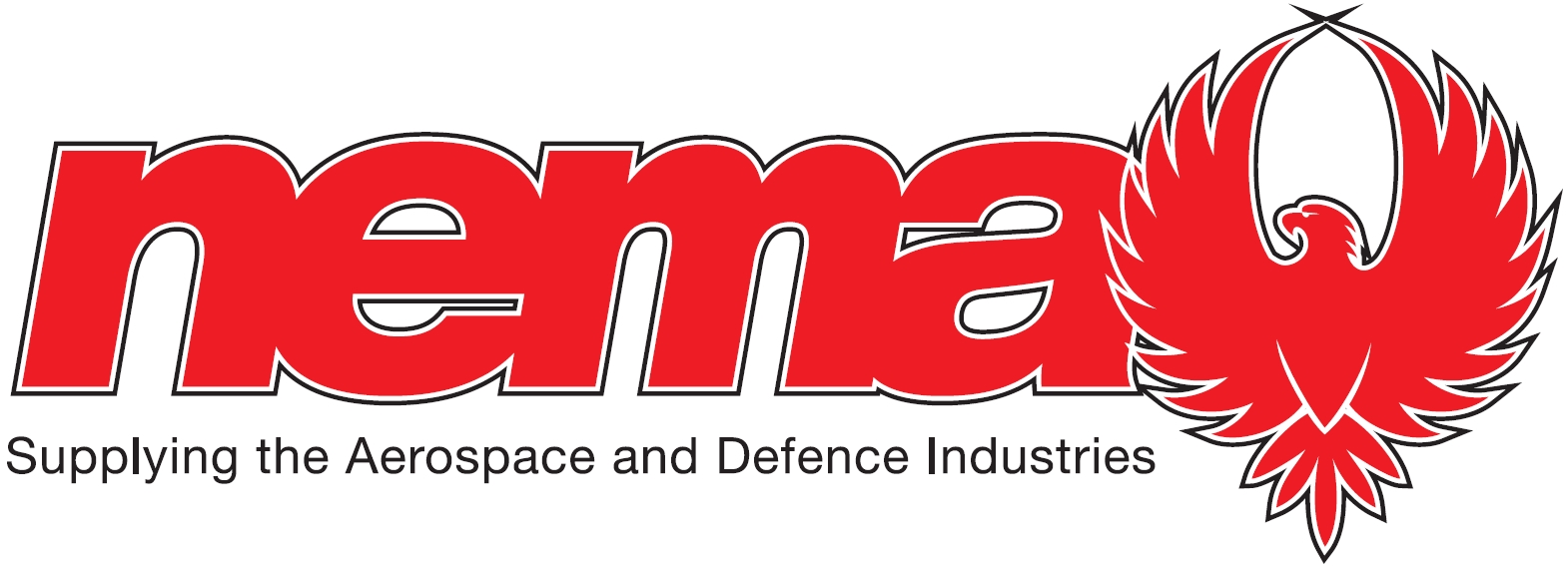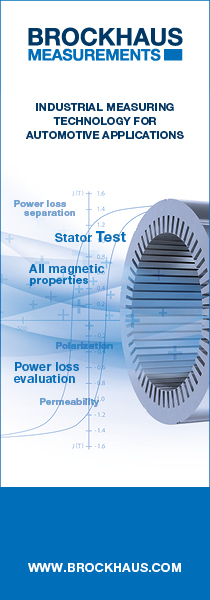Ewing Event ’21: Magnetics in Carbon 2050
UKMagSoc
Dec 8th 2021 - Dec 8th 2021
Warwick, United Kingdom
Updated 8 December 2021
Please register at the bottom of this page
Magnetics will play a substantial role in technologies tackling climate change. This seminar will look at how magnets will be produced as well as applications, giving ideas on the economic and efficient production of magnets, and their use to create and use electricity in environmentally friendly ways.
The seminar will be part of the annual Ewing Event, including the in-person technical seminar during the day, an evening reception, and an informal dinner; a simultaneous virtual event will be held.
Speakers will discuss generation of electricity via wind turbines, tidal power and nuclear fusion; the provision of magnets via sustainable supply chains and magnet recycling; and the use of electricity in electric transport.
The event will be held at Warwick, UK, although the event may be run wholly virtually if Covid restrictions change.
The virtual event will include the presentations and its own networking opportunities. We will also be trialling cross-over activities between in-person and virtual delegates.
CHAIRS
- Elinor Galanis, Porotech
- Richard Sheridan, University of Birmingham
- Vicky Mann, University of Birmingham
IN-PERSON EVENT
The in-person event will be held at the Scarman Conference Centre, Warwick, UK. More details will be added when we have them.
ACCOMMODATION AND TRAVEL
The Scarman Conference Centre have accommodation onsite available for delegates to book at a discounted rate. To book:
- Go to the website: https://bandb.warwick.ac.uk/
- Select the arrival and departure dates as Wednesday 8th December 2021, depart Thursday 9th December 2021
- Location : SCARMAN
- Select how many rooms are required and check the number of nights are for 1 night
- Add promotional Code:
- Single – MAGBBS21 (for a single occupied room, 1 person) @ £107.50 plus vat, bed and breakfast
Double – MAGBBD21 (for a double/twin occupancy room, for 2 people) @ £127.50 plus vat, bed and breakfast
- Then continue the booking process as instructed on screen.
There are up to 30 rooms reserved. Book early to avoid disappointment.
VIRTUAL EVENT PLATFORM
The virtual part of the event will be hosted on Zoom. As well as the talks presented, you can also:
- visit and talk with exhibitors in the Breakout rooms
- Ask questions of speakers and send comments during the whole event via Chat,
CONTINUING CONTACT / GDPR
Please note, by providing contact details during registration, you authorise us to
- use these contact details to let you know details of this event, and
- add your contact details to our contact database to let you know about future events that may be of interest.
Please let us know at enquiries@ukmagsoc.org at any time if you do not wish to be contacted in this way. Also, we can remove you from our contact schedule at any point in the future.
SPONSORS



Speakers
Could Commercial Fusion Energy be the Vaccine that Stops Global Warming in its Tracks?
by Damian Hampshire of Durham University
U.N. Secretary-General António Guterres described the recent UN IPCC (United Nations Intergovernmental Panel for Climate Change) report as a "code red for humanity". Prof. Hampshire will discuss whether commercial fusion energy can be the vaccine that stops global warming in its tracks. He will outline how a fusion energy tokamak confines a burning plasma, at temperatures above that of the sun, using superconducting magnets. He also will review the state-of-the art fusion energy projects world-wide.
He will argue that if you want to do something about global warming, and feel that gluing yourself to a train or lying down in front the traffic is not your bag, an excellent option would be to write to your MP and ask them to support investing £10 B of taxpayers money to find out whether magnetically confined fusion energy can be made commercial.
You must be a member to download papers. Membership Information...
Extracting Energy from Marine Tidal Streams using Kite Systems (Virtual Presentation)
by David Collier of Minesto UK Ltd
The presentation will describe the following:
- UK and worldwide tidal stream energy resource
- The current status of the tidal stream industry
- How tidal energy can be extracted using the Minesto Deep Green kite based system
- Images and videos of the recent Minesto demonstration testing in the Faroe Islands
- The future of Tidal Energy as part of the renewable energy mix
Managing Rare Earth Risk – Substitution Strategies Must be Part of the Answer
by Andrew Hine of GreenSpur Wind Ltd
Global offshore wind is forecast to exceed 1TW by 2050. This represents a 35-fold increase from the 30GW that was deployed at the end of 2020. The CAPEX cost of building 1TW of new capacity will exceed £2tn.
Offshore wind turbines currently use rare earth Direct Drive Permanent Magnet Generators (DD-PMG). These generators are exposed to significant rare earth price and supply risk. This is now recognised as the greatest risk facing the industry - a single 14MW offshore turbine uses as much rare earth magnetic material as 3 nuclear submarines, 23 F35 fighter jets or 5,000 EVs.
GreenSpur Wind has developed a new rare earth free DD-PMG, which uses lower strength ferrite magnets in a unique and IP protected configuration. GreenSpur’s rare earth substitution technology can potentially eliminate the rare earth risk facing the offshore wind industry and become the focus of a new UK supported innovation.
You must be a member to download papers. Membership Information...
Critical Materials and Circular Opportunities (Virtual Presentation)
by Dave Peck of Delft University of Technology & UCL
The concept of material criticality has arisen from the concern that some materials, especially metals, may become supply unstable, price volatile or in other ways uncertain in their availability for use in our products, buildings and infrastructures. This constraint is important in relation to magnets used in motors and generators, as well as other EEE applications. These constraints may undermine the deployment of key technologies for sustainable development.
David Peck will outline how a transition to a circular economy could be a promising approach for material criticality mitigation. David will also explore how looking back in history has helped frame the complex challenges of critical materials and a circular economy.
You must be a member to download papers. Membership Information...
SUSMAGPRO – A European Initiative to Make Magnets More Sustainable (Virtual Presentation)
by Carlo Burkhardt of Pforzheim University
The aim of this project is to develop a recycling supply chain for rare earth magnets in the EU and to demonstrate these new materials on a pilot scale within a range of application sectors.
Rare earth magnets based upon neodymium-iron-boron (NdFeB, also containing dysprosium) are used in a wide range of products, including for example clean energy technologies (wind turbines and electric vehicles) and high tech sectors such as electronics. However in recent years the supply of these materials has come under considerable pressure and neodymium and dysprosium are now deemed to be of greatest supply risk for all elements.
The EU imports far more NdFeB magnets than it manufactures (>1,000 tonnes manufactured per annum). It has been estimated that ~ 2,000-3,000 tonnes/annum of NdFeB will be available by 2020 for recycling, which presents a significant opportunity. The aim of this project is to identify, separate, recycle and demonstrate recycled magnets at a pilot scale with a multidisciplinary team located across the EU. The project will target three of the main application sectors including automotive, electronics and wind turbines.
The project will develop new sensing and robotic sorting lines for the identified EoL products, building upon technologies developed in the FP7 project Remanence. New hydrogen based technologies will be demonstrated at scale for separating and purifying NdFeB powders from the robotically sorted parts and this technology will be duplicated at another partner in the project. The separated powders will be re-manufactured into sintered magnets, injection moulded magnets, metal injection moulded magnets and cast alloys, at 4 different companies across 3 countries, building upon work in the Repromag Horizon 2020 project. A techno economic assessment will be performed for each potential recycling route alongside a life cycle assessment to assess the environmental benefits over primary production.
You must be a member to download papers. Membership Information...
Mkango Resources – Rare Earths from the Warm Heart of Africa
by William Dawes of Mkango Resources
Mkango has progressed an early stage rare earths project in Malawi to an advanced stage, with a feasibility study due to be completed in Q1 2022. In parallel, Mkango is developing a rare earths separation plant in Poland, working with Grupa Azoty Pulawy, Poland’s leading chemicals company. Through its ownership of Maginito Ltd, Mkango is also developing green technology opportunities in the rare earths supply chain, including a 25% interest in NdFeB magnet recycler HyProMag Ltd.
You must be a member to download papers. Membership Information...
Responding to the Strategic Materials Ramp Up: Reduce, Replace or Recycle?
by Jon Regnart of Advanced Propulsion Centre
My presentation will explore the use of critical and magnetic materials in electrified vehicles. I will discuss future trends in batteries, motors and power electronics, with a special focus on strategies industry are enacting to reduce, replace and recycle critical and magnetic materials.
Recycling of Rare Earth Magnets from Consumer Goods at End of Life
by Rob Chaddock of EMR Group
Consideration of some of the practical and economic aspects of the recycling of rare earth magnets from end of life consumer goods such as audio speakers and vehicles, including findings of the REAP project, part of the Driving the Electric Revolution challenge.
You must be a member to download papers. Membership Information...
Why the Green Road Begins in the Brown Earth
by Gareth Hatch of Strategic Materials Advisors Ltd
There is little doubt that the increased electrification of transportation and energy systems will be a pivotal part of our society’s response to the challenges of climate change and the need to reduce pollution. The deployment of the electrical machines and energy-storage platforms required for this great transition, will depend entirely on access to a number of critical metals, and the robustness of their supply chains. Secondary production, through the re-use and recycling of components containing such metals, is an important part of the story, but the primary production of critical metals will continue to dominate for years to come. This presentation focuses on the challenges faced by the primary critical-metals supply chain (using the example of rare-earth elements for the production of permanent magnets), and the part that it is has to play in meeting the technical and societal challenges of our age.
You must be a member to download papers. Membership Information...
Rare Earth Materials in Automotive Traction Drives – a view from Tier 1 (TBC)
by Sean Worrall of GKN Automotive
With ever increasing penetration of EV into the light car market, increasing legislative pressure on Region of Origin, pressure on ESG, sustainable, ethical, supply chains and reduced embedded carbon, what is the future of rare earth magnets in automotive electric drives. This presentation takes a look at motor technology and market development over the next decade.
Programme
| Time | Session Title | Session Host |
|---|
| 10:00 | Registration Opens, Virtual Event Opens | |
| 10:45 | Welcome | |
| Session 1: A Low Carbon Lifecycle | |
| 11:00 | Mkango Resources – Rare Earths from the Warm Heart of Africa | Will Dawes, Mkango |
| 11:25 | Critical Materials and Circular Opportunities | David Peck, TU Delft/UCL) (Virtual) |
| 11:50 | SUSMAGPRO – A European Initiative to Make Magnets More Sustainable | Carlo Burkhardt, Pforzheim (Virtual) |
| 12:15 | Lunch; Informal Networking | |
| Session 2: Energy Generation | |
| 13:30 | Could Commercial Fusion Energy be the Vaccine that Stops Global Warming in its Tracks? | Damian Hampshire, Durham University |
| 13:55 | Managing Rare Earth Risk – Substitution Strategies Must be Part of the Answer | Andrew Hine, GreenSpur Wind Ltd |
| 14:20 | Extracting Energy from Marine Tidal Streams using Kite Systems | David Collier, Minesto UK Ltd (Virtual) |
| 14:45 | Coffee Break; Informal Networking | |
| Session 3: Transport Electrification | |
| 15:15 | Recycling of Rare Earth Magnets from Consumer Goods at End of Life | Rob Chaddock, EMR |
| 15:40 | | Allan Walton, University of Birmingham |
| 16:05 | Coffee Break; Informal Networking | |
| 16:30 | Lifetime Contribution to Magnetics Award presentation | Elinor Galanis |
| 16:50 | Ewing Lecture: Why the Green Road Begins in the Brown Earth | Gareth Hatch, Strategic Materials Advisors Ltd |
| 18:00 | Reception | |
| 19:00 | Informal Dinner | |
Registration
| Type |
Standard Fee |
Group Discount (3+ delegates) |
| Member In Person |
£159.00 |
N/A |
| Non-Member In Person |
£199.00 |
N/A |
| Member Student / Retired In Person |
£69.00 |
N/A |
| Non-Member Student / Retired In Person |
£99.00 |
N/A |
| Member Virtual |
£99.00 |
N/A |
| Non-Member Virtual |
£159.00 |
N/A |
| Member Student / Retired Virtual |
£49.00 |
N/A |
| Non-Member Student / Retired Virtual |
£79.00 |
N/A |
| Group of 4 Delegates In Person |
£595.00 |
N/A |
| Group of 8 Delegates In Person |
£1,095.00 |
N/A |
Register to attend this event 






